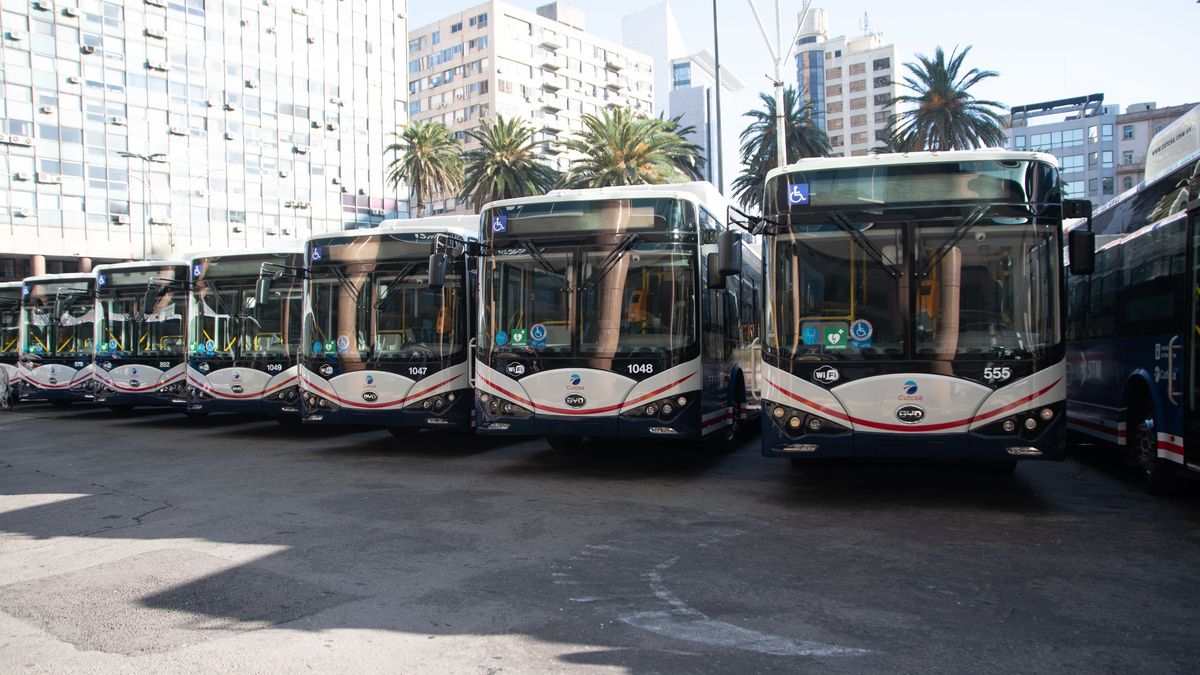This has the objective of preserving the battery of the vehicles so that they can complete the entire journey, since the source that feeds the engine and the lights is the same for the air conditioning. That is why this restriction applies only to electric buses and not diesel buses. The use of air conditioning in electric buses consumes 15% more energy which then requires filling the battery, which takes approximately 3 hours.
Compensation from the Mayor
The administration of Montevideo communicated in December last year a transfer of a total of $12.3 million in compensation for transport companies due to the requirements for the incorporation of air conditioning and the implementation of cleaner energy in the buses.
In 2021, the Municipality of Montevideo introduced the need for a targeted subsidy due to the increase in costs for transport companies due to the measure taken in 2019 by the former mayor of the city, Daniel Martinez. This measure requires companies that when a new vehicle is incorporated, it must have low floors and entrances, air conditioning and must have electric propulsion, or be hybrid or opt for Euro V fuela type of fuel system that allows reducing polluting emissions.
In calculating the subsidy, Cosse’s management had to take into account that the installation of an air conditioning system in new cars it is $8,500 dollars and also the highest cost that its use would generate, mainly in the months of December, January and February. In this way, they calculated $6,042,530 for installation costs and $2,336,792 due to an increase of up to 21% in energy consumption.
On the other hand, the increase in costs due to the choice of cleaner energy options, such as the purchase of urea, had to be taken into account. This liquid allows, when mixed with diesel, to generate fewer emissions in vehicles with EuroV engines. That is why the administration of Cosse will provide companies with an amount of $3883979 for the transfer to cleaner, but more expensive energy.
In actuality there are 30 electric buses and 38 hybrids operating in the streets of Montevideo, a small part of the 1500 units that the companies manage. On the other hand, 20% of vehicles use EuroV. This commitment includes the companies Coetc, Ucot, Come and Cutcsa. The latter promised to have completed 25% of its fleet with electric buses by 2025, while by 2050 it projects that 50% of its buses will be electric.
Source: Ambito




